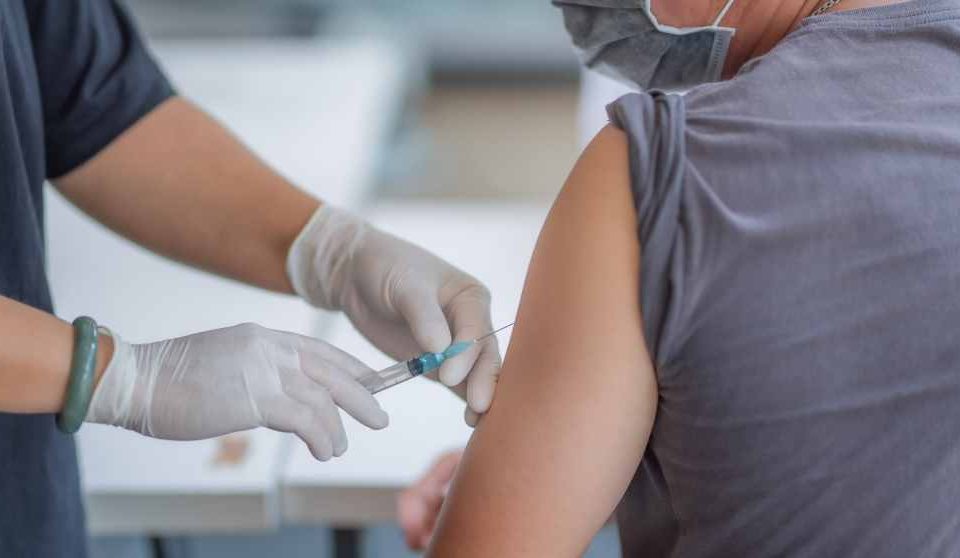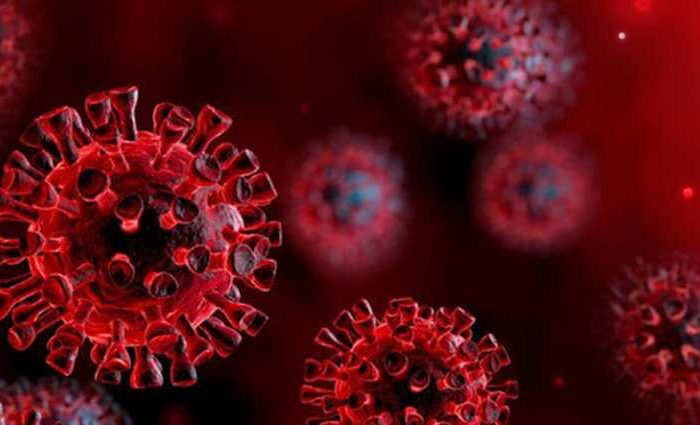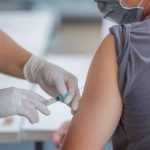ER nurse tested positive for COVID-19 more than a week after receiving Pfizer vaccine

As of today, over 2 million people in the United States have received a vaccine for the Chinese coronavirus, according to the Centers for Disease Control and Prevention (CDC). However, the question many people are asking is: Can you get infected with COVID-19 after the vaccination?
The simple answer is yes because the vaccine effectiveness is not immediate. According to the CDC, it typically takes a few weeks for the body to build immunity after vaccination. That means it’s possible a person could be infected with the virus that causes COVID-19 just before or just after vaccination and gets sick. This is because the vaccine has not had enough time to provide protection.
An example of this is a case of a California ER nurse who was tested positive for COVID-19 eight days after receiving the Pfizer vaccine. According to a report from a San Diego ABC 10News station, Matthew W., a 45-year old ER nurse at two different local hospitals, talked about receiving the Pfizer vaccine on December 18. He told ABC 10News that his arm was sore for a day but he suffered no other side effects.
Six days later on Christmas Eve, after working a shift in the COVID-19 unit, Matthew became sick. He said he got the chills and later came down with muscle aches and fatigue, ABC10 News reported. Then the day after Christmas, Matthew went to a drive-up hospital testing site and was tested positive for COVID-19.
Meanwhile, medical experts say that two doses are needed for each of the three “frontrunner” vaccines from Moderna, AstraZeneca, and Pfizer. After taking the first dose, then you have to wait about 20 days to take the second dose.
Dr. Christian Ramers, an infectious disease specialist with Family Health Centers of San Diego who also serves on the clinical advisory panel for the county’s vaccine rollout, told the ABC10 News that
“It’s not unexpected at all. If you work through the numbers, this is exactly what we’d expect to happen if someone was exposed.”
Dr. Ramers pointed out that it is possible Matthew was infected before receiving the vaccine, as the incubation period may be as much as two weeks. Dr. Ramers added that if Matthew did contract the virus after the vaccine, it’s still in line with what we know. Dr. Ramers said:
“We know from the vaccine clinical trials that it’s going to take about 10 to 14 days for you to start to develop protection from the vaccine.”
What happened to Matthew may not be an isolated story. Dr. Ramers said that he knows of several other local cases where health care workers became infected around the time they received the vaccine. He says all the cases illustrate the fact that results aren’t immediate. Even after you start receiving some protection, it won’t be full protection.
“That first dose we think gives you somewhere around 50%, and you need that second dose to get up to 95%,” Dr. Ramers added.
Below is a video of the report.

